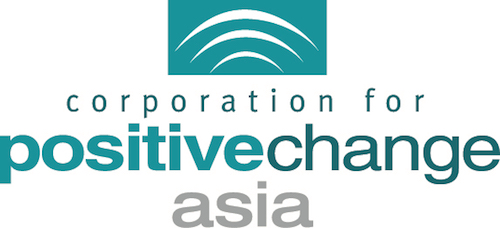 Learn from the best. It is not new to top achievers. Athletes examine every move of world champions and visualize themselves executing the perfect moves. Biographies of successful people are bestsellers of all time. This aligns with what we do in #AppreciativeInquiry –
Learn from the best. It is not new to top achievers. Athletes examine every move of world champions and visualize themselves executing the perfect moves. Biographies of successful people are bestsellers of all time. This aligns with what we do in #AppreciativeInquiry –
to study the best practices, strengths and root causes of success and turn those into the foundation of our desired future.
But how often are we conscious and wise enough to do the same, especially in an organization setting?
Conventional performance management approach concerns the gap between expected and current performance. People in the game devote their best effort to detect underperformance through their critical lens. Spotting defects and areas for improvement becomes their second nature. The most challenging part though is to “stay positive” and offer some recognition as a grand opening for their “constructive” feedback.
Does it sound familiar to you? But let’s imagine. How would you feel if you are constantly being critically monitored and judged? Where would be your major focus and energy at work?
It is pretty straightforward. It is not about being positive. It is about focus. The more we think, talk and pay attention to something, the more resources we accumulate to make that happen and grow.
Focusing on what we want doesn’t mean to ignore problems or obstacles, but to align our energy and resources to achieve what we aim for, and to move us away from the sidetracks and dramas fast enough to keep us stay on track.
I talked to a friend of mine who is a trainer of a large corporation the other day. She was curious about Appreciative Inquiry and building appreciative culture in organizations. After hearing me explaining the concept, she asked what she called “a not-so-appreciative” yet an interesting question. “What would be the biggest challenge of building appreciative culture in an organization?”
My answer was simple yet paradoxical. “People can hardly be appreciative when they are not being appreciated.”
When we focus on inadequacy in people, we see inadequacy. When we focus on potential and strengths in people, we see potential and strengths. We get what we look for.
Ultimately, it is about our fundamental belief about everything, including ourselves.
My final question to you: “What belief can you have in order to achieve what you want?”
“In the sky, there is no distinction of east and west;
people create distinctions out of their own minds and then believe them to be true.”
― Gautama Buddha
Written by Dorothy Tsui, Principal & Founder of Hong Kong Center for Positive Change
This blog was first posted on Corporation for Positive Change website.
